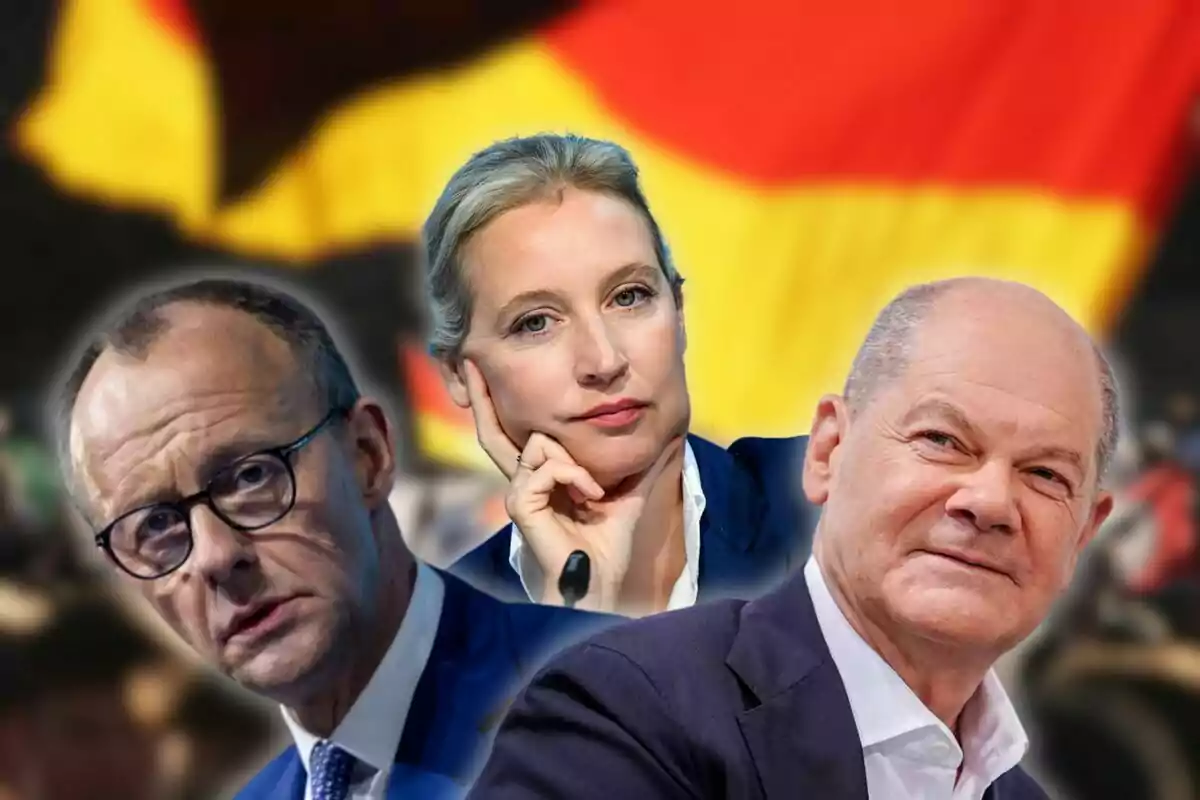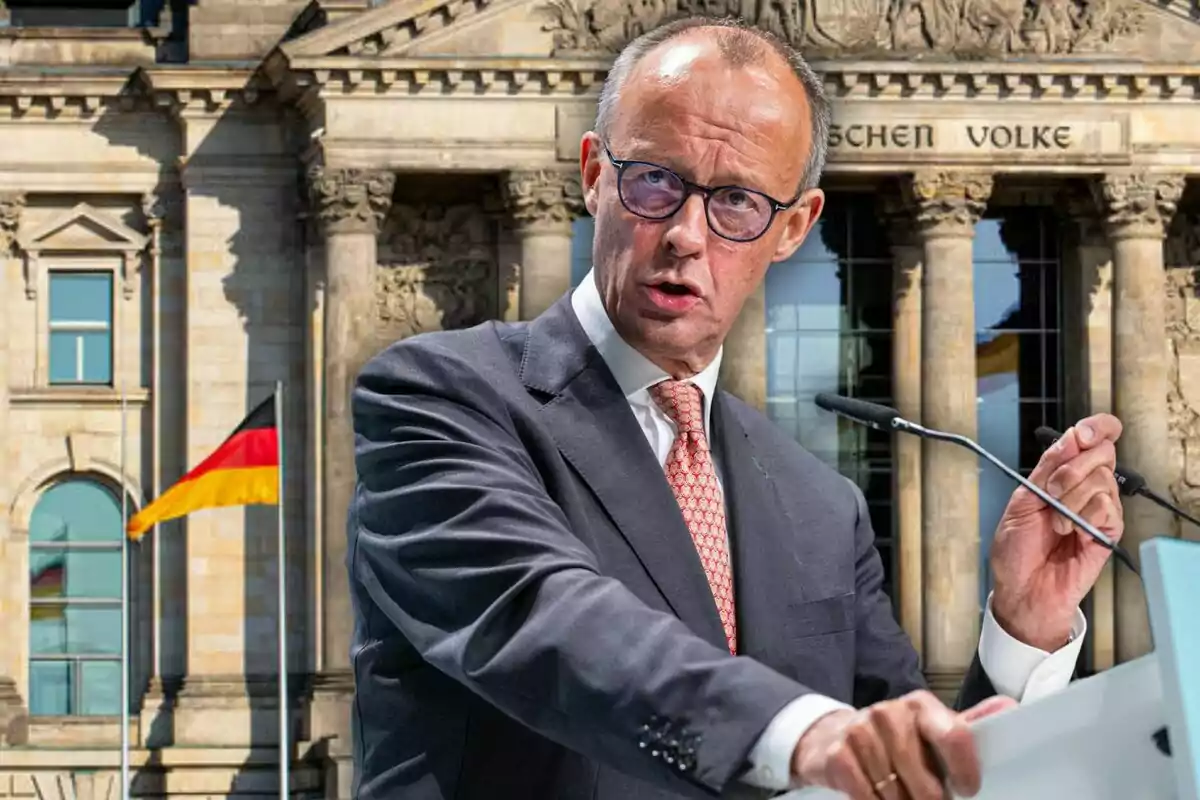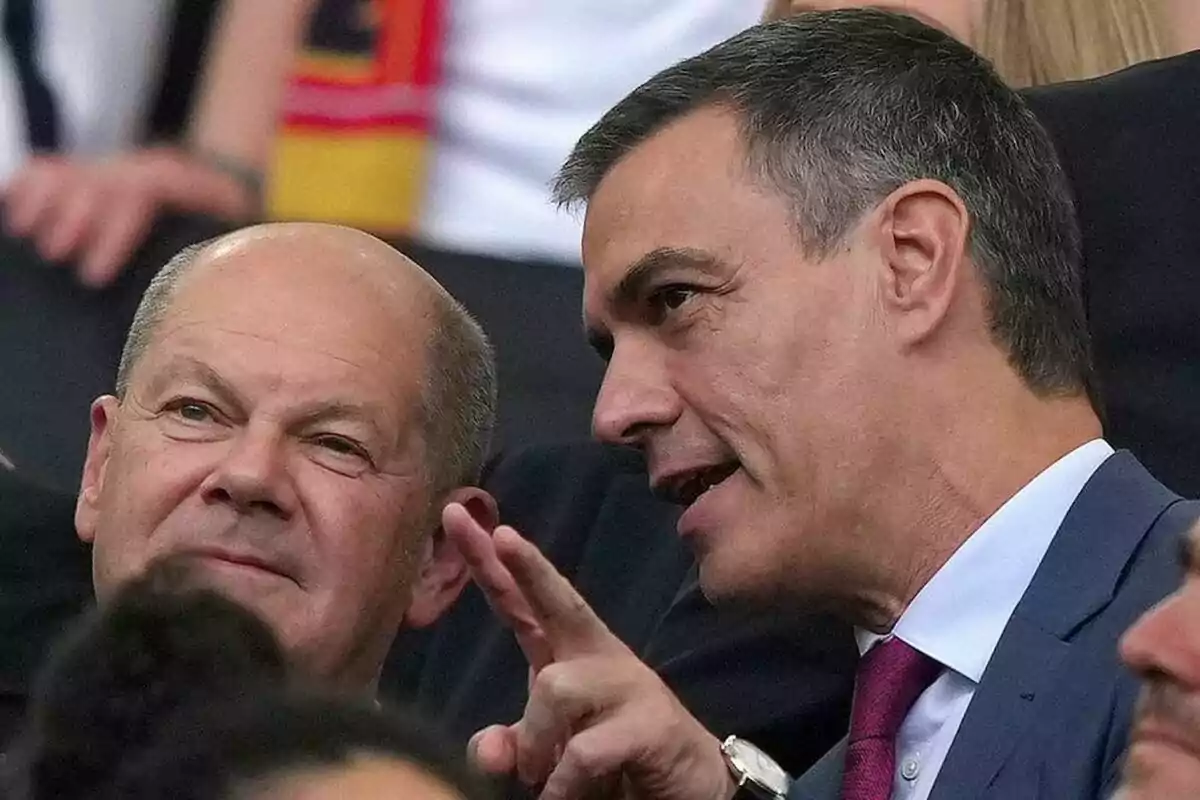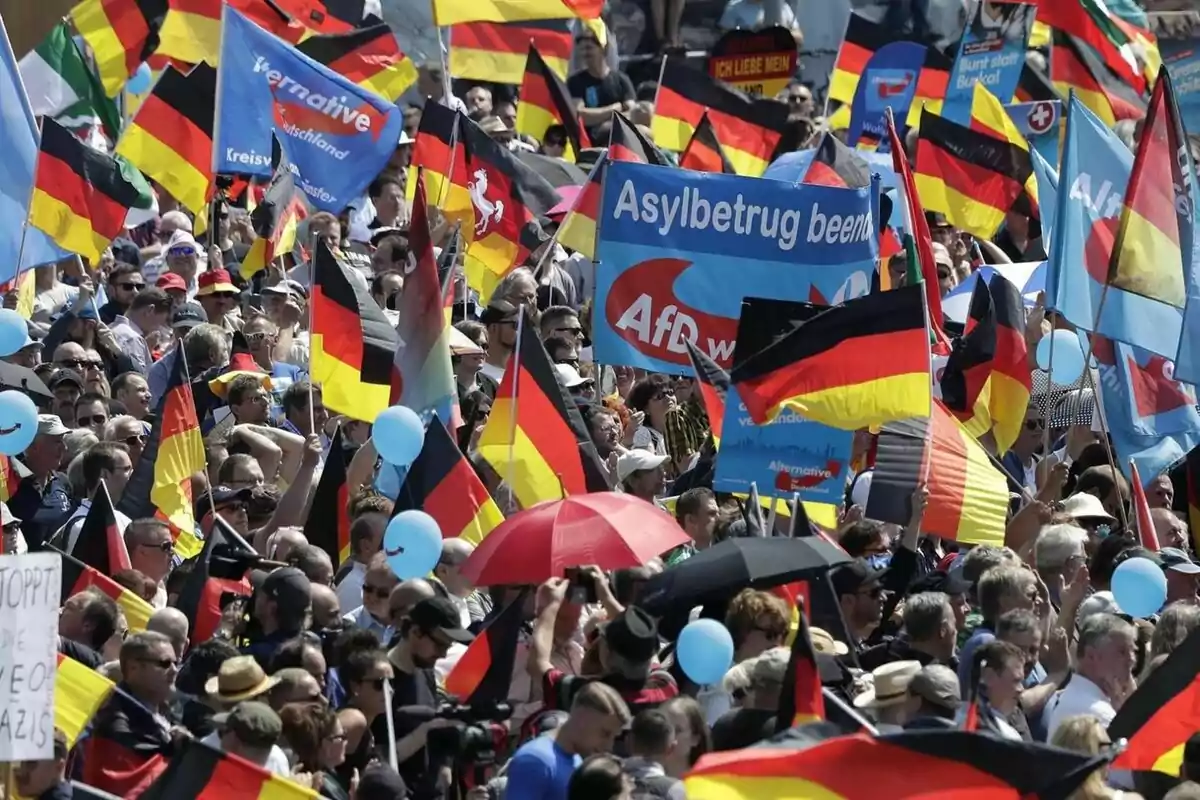
Why Will Sunday's Elections in Germany Mark Europe's Future?
There are only two alternatives in sight: either a centrist coalition or an ultraconservative shift. In other words, continuity or rupture.
Germany is holding crucial elections this Sunday not only for the country but also for the immediate future of Europe. The results could consolidate the current status quo or mark the beginning of a change that has been brewing for some time. According to the polls, only two scenarios are currently observed: continuity or rupture.
The CDU is favored with 30% in voting intention, while the social democracy, sunk at 15%, is trying to raise its head. In the middle, the enigma of AfD, the anti-immigration party that already surpasses 20% in the polls.

With the left-wing alliance ruled out (the numbers don't add up), only two possibilities remain. Either a Grand Coalition between CDU and SPD to save the establishment or a CDU-AfD pact to give the country an ultra-conservative turn.
Germans are voting this Sunday with the economic recession and the migration and security crisis in the background. This Sunday's elections will mark Europe's future in two ways. On one hand, the balance of forces (left-right polarization), and on the other, the direction of union policies in the coming years.
The Political Board
The establishment of an ultra-conservative government in Germany would close the circle initiated three years ago with the right-wing wave in the old continent. It started in the Nordic countries and then spread to the heart of old Europe (Netherlands, Denmark, Austria), and even in Southern Europe (Italy).
The rise of anti-immigration and ultra-nationalist parties, along with the collapse of social democracy, has changed the political landscape of Europe. It has also changed the course of community policies. For example, breaking the security taboo and imposing a reform of the Migration and Asylum Pact in a restrictive sense.
France, Spain, and Germany are so far the exception, although reality is also changing.
In France, the Macronist government is floundering. In our country, Pedro Sánchez is closer to early elections than to the second year of the legislature.

What happens in Germany could further isolate these countries (or on the contrary, set the path for large centrist coalitions).
The Future of Europe
Germany also highlights the decline of the European project and its elites, reflected in the failure of their policies. Immigration is the great paradigm. The 'we want to welcome' has led to a distressing migration crisis (of which the end is not even in sight) and a galloping security crisis.
But the German elections also decide the future of Ukraine, the economic recession, and the green transition. All this points to the failure of the policies imposed by the establishment in the last two decades.

The centrist alliance (UCD-SPD) will mark a shift to the right from continuity, but the European project and the 2030 Agenda will remain intact. In contrast, a government with AfD would radically change things. It would underpin the global paradigm shift after Donald Trump's victory and doom the globalist left.
More posts: